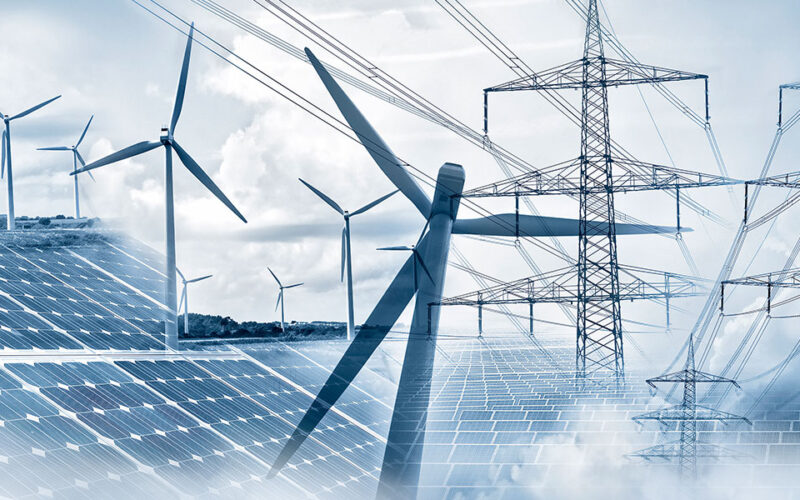Industrial and commercial consumption of non-renewable energy is one of the foremost contributors to global carbon emissions, which exacerbate global warming and climate change. The gradual awareness regarding the same has provoked a strong change in energy consumption scale and policies across companies.
The need of the hour, which is to mitigate the oncoming and irreversible effects of climate change, can only be met by cutting back on carbon-intensive energy consumption while capturing and storing carbon produced by power generation and industrial activities. The way this can be implemented on an industrial scale, however, is through deploying power alternatives such as sustainable energy for industry.
The need to implement renewable or sustainable energy for industry arises from a global necessity to minimize the amount of fossil fuel that is exhausted to support commercial and industrial-scale activities. The industries and activities are responsible for roughly 36.7 billion metric tons of CO2 being released into the earth’s atmosphere.
Additionally, statistics show that emissions from on-site fuel combustion, industrial processes, and indirect emissions from purchased energy and heat, without indirect emissions, accounted for roughly 19 percent of worldwide anthropogenic GHG emissions.
Sustainable Energy
Energy resources well-suited to power industrial-scale demands without depleting essential non-renewable resources are called sustainable energy. Scientists, climate activists, and green companies consciously push towards adopting sustainable energy as compared to standard fossil fuels, which are high in carbon emissions.
On the other hand, sustainable energy has a negligible environmental impact or a negligent carbon footprint as it consumes energy from self-sustaining and self-replenishing sources of energy found in nature.
Energy sources like coal, petroleum, and natural gas have proven to be detrimental to the environment. With their large-scale carbon emissions that give rise to global warming, sustainable energy for the industry has become a vital alternative option for many companies.
Depleting natural sources that will not be replenished any time soon is a risk on its own and therefore requires an alternative that is not dependent on valued fuel and makes way for a better, greener, and healthier future. Therefore deploying sustainable energy for industry within a larger economy is a great place to start the journey toward change.
Benefits of Using Sustainable Energy for Industry
As one can infer from the statistics and information documented across the last few years about global warming and carbon dioxide emissions, the general consensus is that the onus of finding sustainable alternatives to all operations is upon the industries.
The shift is not limited to installing energy-efficient equipment but also using renewable power and does not detrimentally affect the environment. Apart from the incentive of better climate projections for the planet in the foreseeable future and preservation of finite non-renewable resources, there are many benefits to using sustainable energy for industry:
- Reduced Carbon Footprint: Since sustainable energy like solar and wind energy does not contribute to carbon emissions, the industry’s carbon footprint significantly decreases, making it easier for them to achieve carbon neutrality.
- Boosts Brand Integrity: Since economies and markets are often dictated by brand value and reputation, holding the stamp of running on sustainable operations is great for potential investors and current stakeholders. It builds brand trust and communicates an ethical stance.
- Aids Economic Growth: Non-renewable energy-powered equipment often runs without human intervention while building new systems of sustainable energy for industry leads to job creation and work opportunities across communities.
- Cost Efficiency: While expensive equipment to run solar and wind-powered industries may be a concern while shifting to a sustainable model, the long term cost of the same is much less when compared to maintenance costs for equipment run on non-renewable resources.
It is important to note that shifting to sustainable energy for the industry is instrumental in moving towards carbon neutrality hence it is vital to partner with trusted energy service providers who promise eco-friendly power and design solutions within their products.






